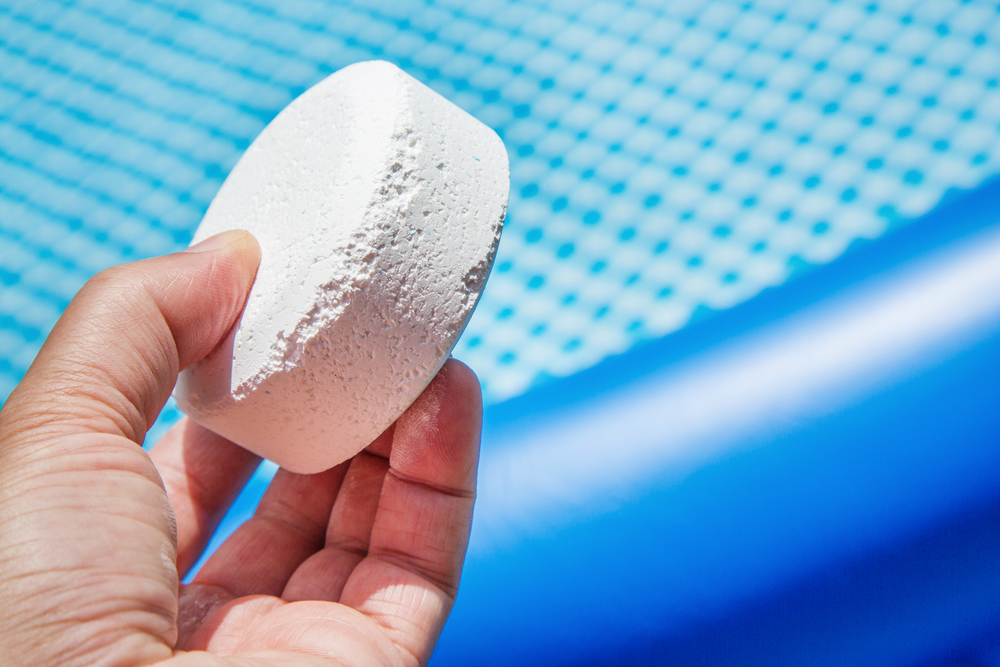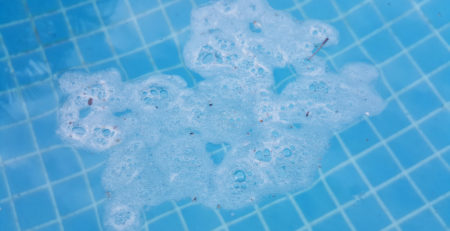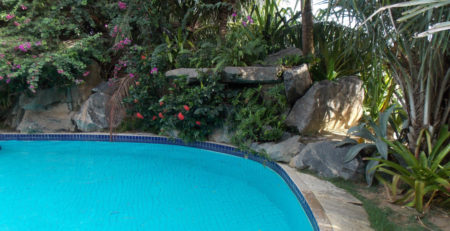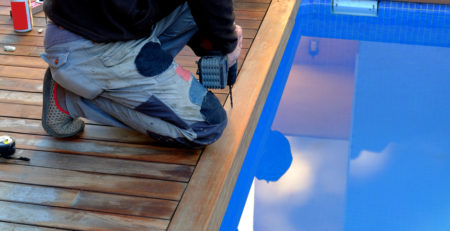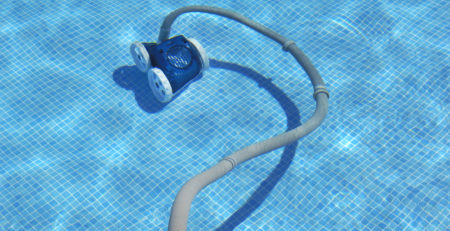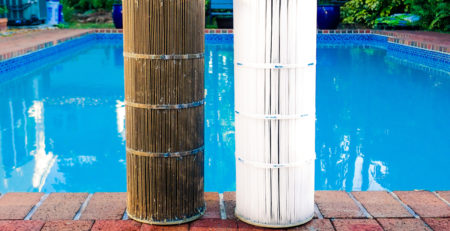The Importance of Chlorination for your Pool
If you're considering installing a pool in your backyard, you need to make sure you're chlorinating it correctly. Chlorine is incredibly important for the long-term health of your pool. It works to kill bacteria and microorganisms that can grow and develop in your pool's water. If left untreated, these bacteria can pose serious health risks for you and your family.
How Does Chlorine Work?
Chlorine has been used for decades to rid swimming pools of nasty bacteria. But have you ever wondered how chlorine actually works? Well, it's all a matter of science! When it meets water, chlorine kills harmful bacteria by destroying their enzymes and cell structures. This renders all those yucky microorganisms completely harmless. While chlorine is quite a strong chemical, it's perfectly safe for humans when used correctly. It can take some time for chlorine to work its magic, so don't jump in right away! Saltwater chlorinators are also available for saltwater pools.
Cleanliness and Hygiene
Chlorination is absolutely essential to ensure a clean and hygienic pool for your family to enjoy. For years, chlorine has been used as a reliable and convenient way to ensure water is safe and free of bacteria. Chlorine is even used to sanitise drinking water. A pool that isn't chlorinated can pose serious health and safety risks. Still water is at risk of contamination from harmful bacteria that can cause illness in humans. Chlorine solves this problem by sanitising the water in your pool. To ensure your pool remains safe and clean, make sure to test your water carefully and follow all instructions.
What Happens if I don't Chlorinate My Pool?
Chlorinating your pool is incredibly important for a variety of health and safety reasons. So, what would happen if you didn't chlorinate your backyard pool?
When you treat your pool using chlorine, you're actually disinfecting your water. This protects you and your family from harmful bacteria and microorganisms. If you choose not to chlorinate your pool, you're risking serious illnesses. Increased levels of bacteria in your pool can cause your filter to work overtime. When placed under increased strain for a long period of time, your filter is at greater risk of malfunction or breakdown.
Different Types of Chlorine
Chlorine is available in a variety of different forms. Depending on your needs, you may require a different kind of chlorine to your neighbour. Tablets are a convenient way of ensuring your pool receives the correct amount of chlorine. Granular chlorine works faster than tablets, but generally has a lower concentration of active ingredients. Liquid chlorine is another great way to control bacteria in your pool.
Stock Up on Chlorine Products
Make sure you know which type of chlorine is best for your pool. At Maple Pools, we supply reliable chlorinators for saltwater pools. Call us any time on 02 9604 6644 for more information.

